Language Development in Babies: How to Encourage Your Little Talker
Welcome to BabyFlex.com, your trusted companion on the journey of parenthood! As your baby grows, so does their ability to communicate. Language development in babies is an exciting milestone, and as parents, there are plenty of ways you can support and encourage your little talker. In this guide, we'll explore some effective strategies to nurture your baby's language skills from the earliest stages.
Why Language Development Matters
Language skills are crucial for your baby's overall development. Here's why:
- Foundation for Learning: Language lays the groundwork for future literacy and academic success.
- Social Interaction: Communication skills enable your baby to interact with the world around them and form meaningful relationships.
- Expression of Needs: Being able to communicate their needs reduces frustration and promotes independence.
Encouraging Language Development
1. Talk, Talk, Talk
- Engage in constant conversation with your baby throughout the day, describing your activities, surroundings, and feelings. This helps expose your baby to a rich vocabulary and encourages them to mimic sounds and words.
2. Read Together
- Make reading a daily ritual. Choose colorful board books with simple stories and engaging illustrations. Point to pictures, make sound effects, and use different voices to bring the story to life.
3. Sing Songs and Rhymes
- Sing nursery rhymes and children's songs to your baby. The repetitive nature of songs helps reinforce language patterns and rhythm, while the melody captures your baby's attention.
4. Expand on Babbling
- Respond enthusiastically to your baby's babbles and coos. Mimic their sounds and add words to their "conversation." This back-and-forth interaction lays the groundwork for conversation skills.
5. Play with Words
- Incorporate word play into everyday activities. Play with toys that make sounds or introduce simple word games like "peek-a-boo" or "pat-a-cake."
6. Limit Screen Time
- Minimize screen time, especially for babies under 18 months. Instead, focus on real-life interactions that promote language development.
Recognizing Milestones
Every baby develops at their own pace, but here are some general milestones to watch for:
- Babbling: Typically starts around 6-8 months.
- First Words: Usually appear between 10-14 months.
- Combining Words: By around 18-24 months, babies may start putting two words together.
FAQs About Language Development
Q: What if my baby seems behind in their language development?
- Every baby develops at their own pace. If you have concerns, discuss them with your pediatrician, who can provide guidance and support.
Q: How can I tell if my baby is understanding what I say?
- Watch for nonverbal cues like eye contact, gestures, and responses to your voice tone.
Q: Should I correct my baby's speech mistakes?
- Avoid correcting your baby's speech errors. Instead, model correct speech patterns by repeating their words back to them correctly.
Join the BabyFlex Community!
For more tips, expert advice, and support on nurturing your baby's language development, join our BabyFlex community. Share your experiences, ask questions, and connect with other parents on the same journey. Don’t forget to subscribe to our newsletter for the latest updates and exclusive content!
Final Thoughts
Encouraging your baby's language development is an enriching and rewarding experience. By incorporating these strategies into your daily routine, you're laying a strong foundation for your little one's communication skills. Happy talking from all of us at BabyFlex.com!

